35 Unexpected Things To Add To Your Compost Pile
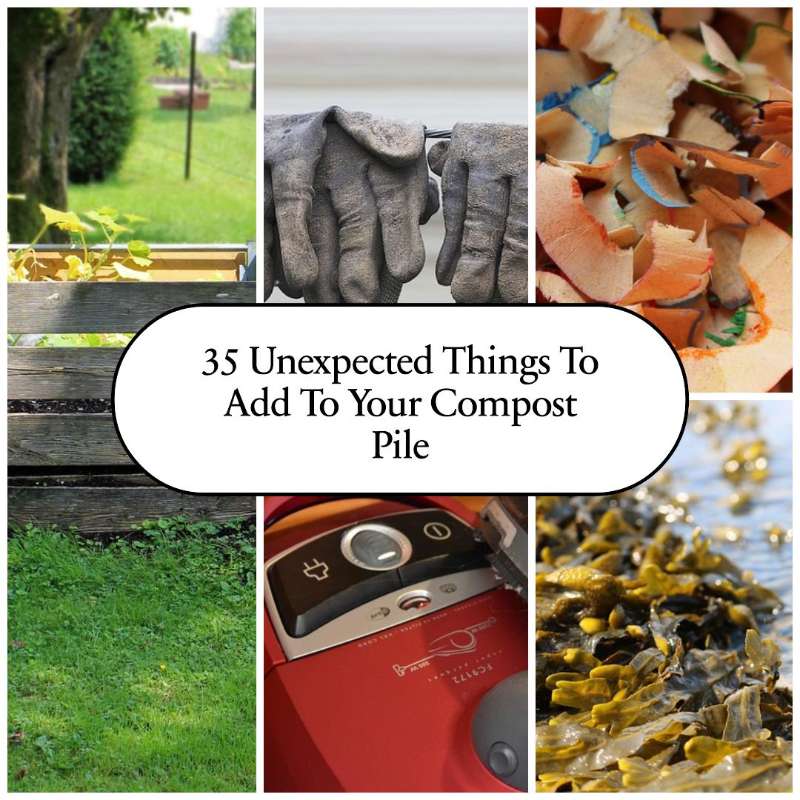
Make sure to like Living Green and Frugally on Facebook, Shop at Amazon to help support my site and explore our PINTEREST BOARDS for innovative ways you can become self-sufficient.
Composting is a fantastic way to reduce waste, enrich your garden soil, and contribute to a healthier environment. While many people are familiar with composting common kitchen scraps like fruit and vegetable peels, eggshells, and coffee grounds, there are countless other surprising items that can be added to your compost pile.
Here are 35 unexpected things you can incorporate into your compost to enhance its nutrient content and promote a thriving ecosystem in your garden.
1. Hair: Human or pet hair adds nitrogen to the compost, promoting decomposition and providing nutrients for plants.
2. Cotton Balls: Made from natural fibers, cotton balls can break down in the compost pile, adding carbon to the mix.
3. Fireplace Ashes: Wood ashes contain potassium, calcium, and other trace minerals beneficial for plant growth when added in moderation.
4. Wine Corks: Natural cork is biodegradable and can be shredded or broken down to speed up decomposition.
5. Paper Towels: If they’re not too heavily soiled with chemicals, paper towels can be composted, adding carbon to the mix.
6. Cardboard: Shred or tear cardboard into small pieces to accelerate decomposition and introduce carbon.
7. Seaweed: Rich in trace minerals, seaweed adds nutrients and improves soil structure when composted.

8. Wool Scraps: Old wool clothing or scraps can be composted, contributing nitrogen and aiding in moisture retention.
9. Fireplace Lint: Lint from dryer filters or fireplace screens can be added to compost for extra carbon.
10. Natural Wine Corks: Made from cork oak trees, natural wine corks break down over time, adding carbon to the compost pile.
11. Nail Clippings: If you’re not squeamish, nail clippings provide nitrogen to the compost.
12. Dryer Lint: Composed mainly of cotton fibers, dryer lint adds carbon to the compost pile.
13. Old Spices: Expired or unused spices from your kitchen can be composted, providing organic matter.
14. Vacuum Cleaner Contents: Empty the contents of your vacuum cleaner bag into the compost bin to introduce hair, dust, and other organic matter.
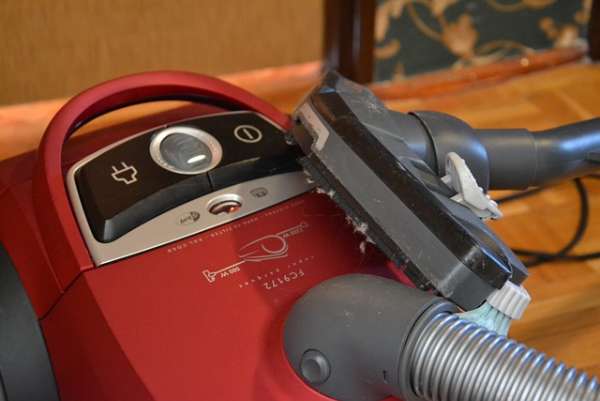
15. Feathers: Whether from pillows, down jackets, or other sources, feathers add nitrogen to the compost pile.
16. Cotton Clothing: Natural fibers like cotton can be torn into small pieces and composted.
17. Bamboo Toothbrushes: Bamboo toothbrushes are compostable and can break down in the compost pile over time.
18. Matches: Wooden matches can be composted, adding carbon to the mix.
19. Natural Loofahs: Once they’ve reached the end of their usefulness, natural loofahs can be composted.
20. Expired Tea Bags: Used tea bags, especially those made from natural fibers like cotton or silk, can be composted.
21. Wine Bottle Labels: Remove labels from wine bottles and compost them, especially if they’re made from paper or other natural materials.
22. Fish Food: Expired or unused fish food can be composted to introduce organic matter and nutrients.
23. Pencil Shavings: Made from wood, pencil shavings add carbon to the compost pile.
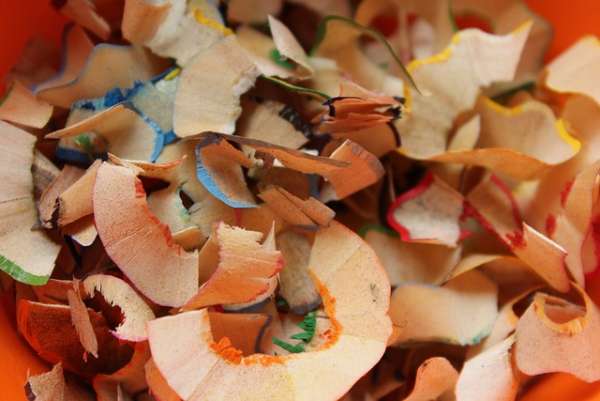
24. Cotton Swabs: Choose swabs made from 100% cotton and compost them along with other organic materials.
25. Egg Cartons: Made from cardboard, egg cartons can be torn into small pieces and added to the compost pile.
26. Used Matches: Wooden matches can be composted, adding carbon to the mix.
27. Natural Corks: Corks from wine bottles or other sources can be composted once they’re no longer needed.
28. Nut Shells: Walnut, almond, and other nut shells can be composted, adding carbon to the mix.
29. Leather: Small pieces of untreated leather can be composted, although it may take longer to break down.
30. Wine Corks: Natural cork is biodegradable and can be shredded or broken down to speed up decomposition.
31. Old Leather Gloves: Once they’ve worn out, leather gloves can be composted to reintroduce organic matter into the soil.
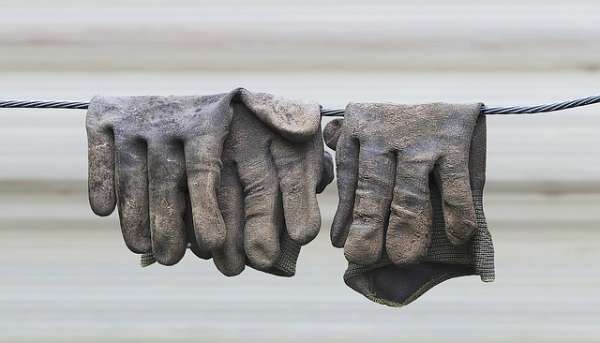
32. Pasta: Cooked or uncooked pasta can be composted, adding organic matter to the pile.
33. Toothpicks: Wooden toothpicks can be composted, contributing carbon to the mix.
34. Beer Hops: If you brew your own beer, spent hops can be composted to add organic matter and nutrients to the pile.
35. Bread Crusts: Instead of tossing them in the trash, compost bread crusts to add organic matter to the soil.
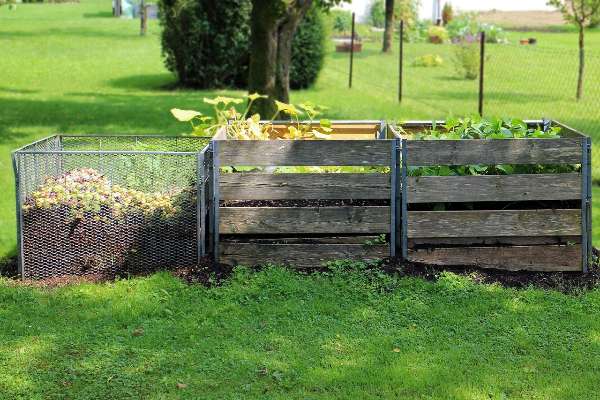
By incorporating these unexpected items into your compost pile, you can reduce waste, enrich your soil, and cultivate a healthier garden ecosystem. Experiment with different materials to find what works best for your composting needs and watch as your garden flourishes with the help of nutrient-rich compost.